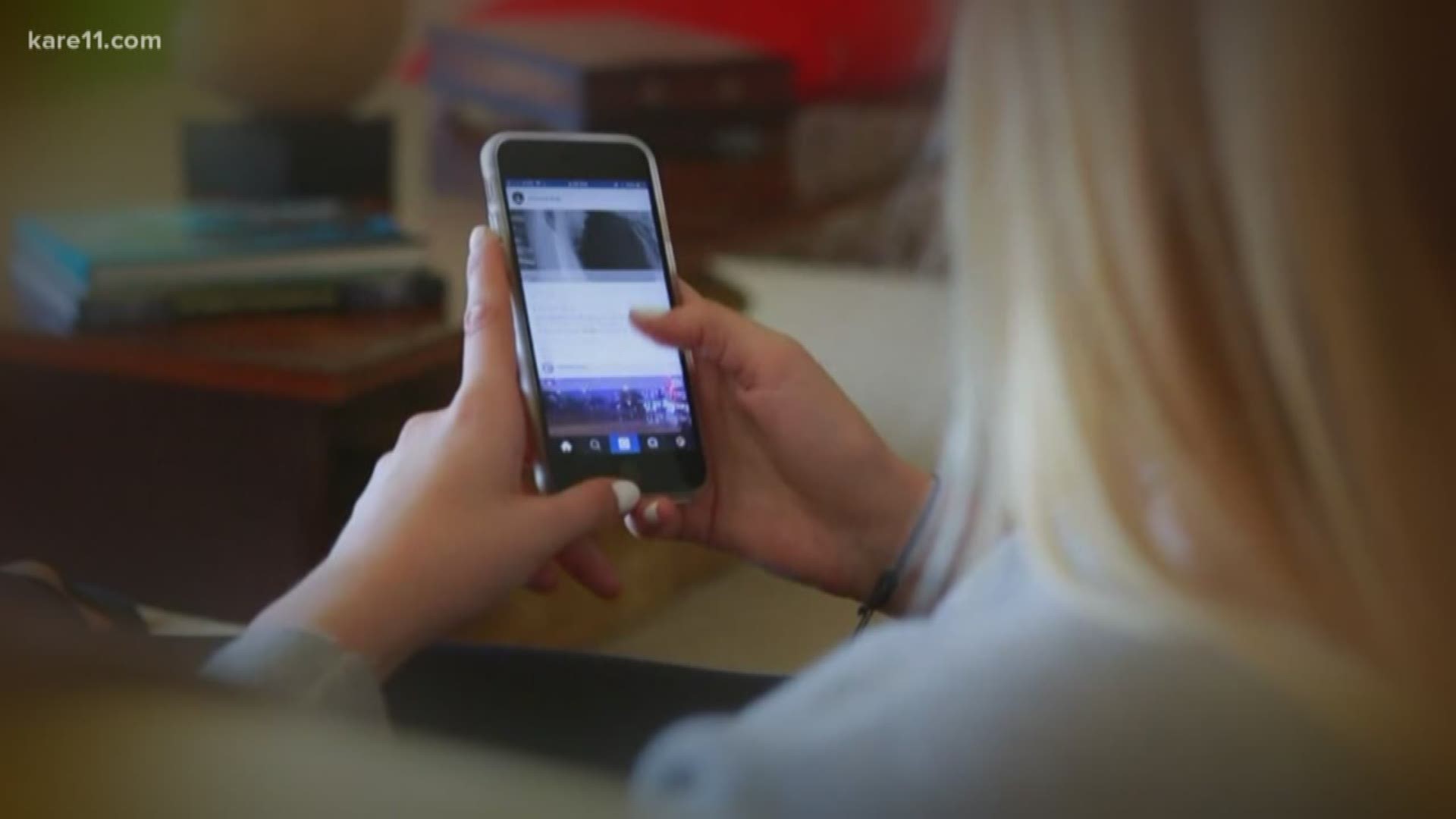GOLDEN VALLEY, Minn — Millennials have more college degrees when compared to other generations.
But, when it comes to life, they might need another lesson.
A new survey found 8 in 10 Millennials believe they aren't good enough at life.
Dr. Angela Nelson is a clinical psychologist based in Wayzata. She said some parts of the survey were surprising.
“You cannot fail at life. Brains are built to learn our whole life,” she said.
“I was really surprised at the high percent, that 80 percent of them are struggling. Millennials do a good job of being confident in the work place, but there is some disconnect primarily from social media relationships rather than face to face.”
In the survey of 2,000 young adults, 80% said worries had negatively affected their sleep and 79% admitted their mental health had suffered.
The research found that Millennials were stressed about issues from being able to afford a home to hitting 10,000 steps a day, to their social media profiles.
The researchers surveyed 2,000 people. Alpro’s David Jiscoot commissioned the research to launch its ‘Good For You’ campaign. The top ten complaints included the following:
- Failing to walk 10-thousand steps per day
- Paying off student debts
- Holding down a relationship
- Managing housework and chores
- Maintaining active social media pages
- Balancing social activities and seeing friends
- Sleeping eight hours
- Eating recommended fruits and veggies per day
- Work life balance
- Earning enough money
About 79% admitted their mental health was impacted.
And while the study focuses on Millennials, Erin Walsh, who works with the Spark & Stitch Institute based in Minneapolis, says it’s a prelude to a bigger problem. She has been speaking around the country about this topic.
“We see the same thing with adolescents. Anxiety is on the rise. Worrying is on the rise. We see those numbers increasing in youth as well,” she said. “Using your social media platforms overnight are a recipe for decreased self-esteem and less ability when we wake up the next day to tackle challenges because we are tired.”
Walsh says people should monitor how and when they use social media to help curb the anxiety. She also suggests focus on getting more sleep. Use it to connect in authentic and real ways where you can bring the fullness of yourself to that relationship.”

